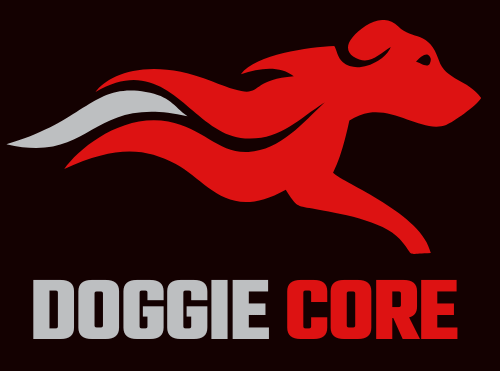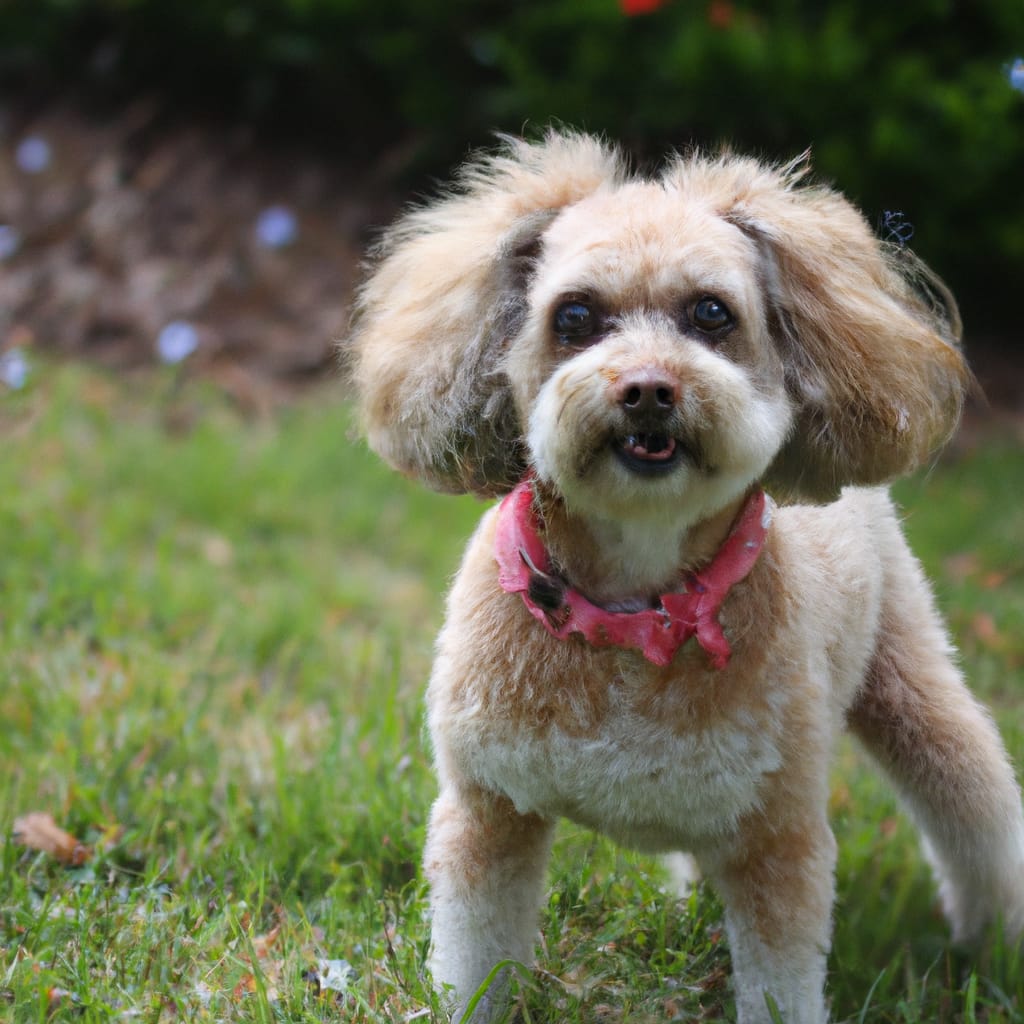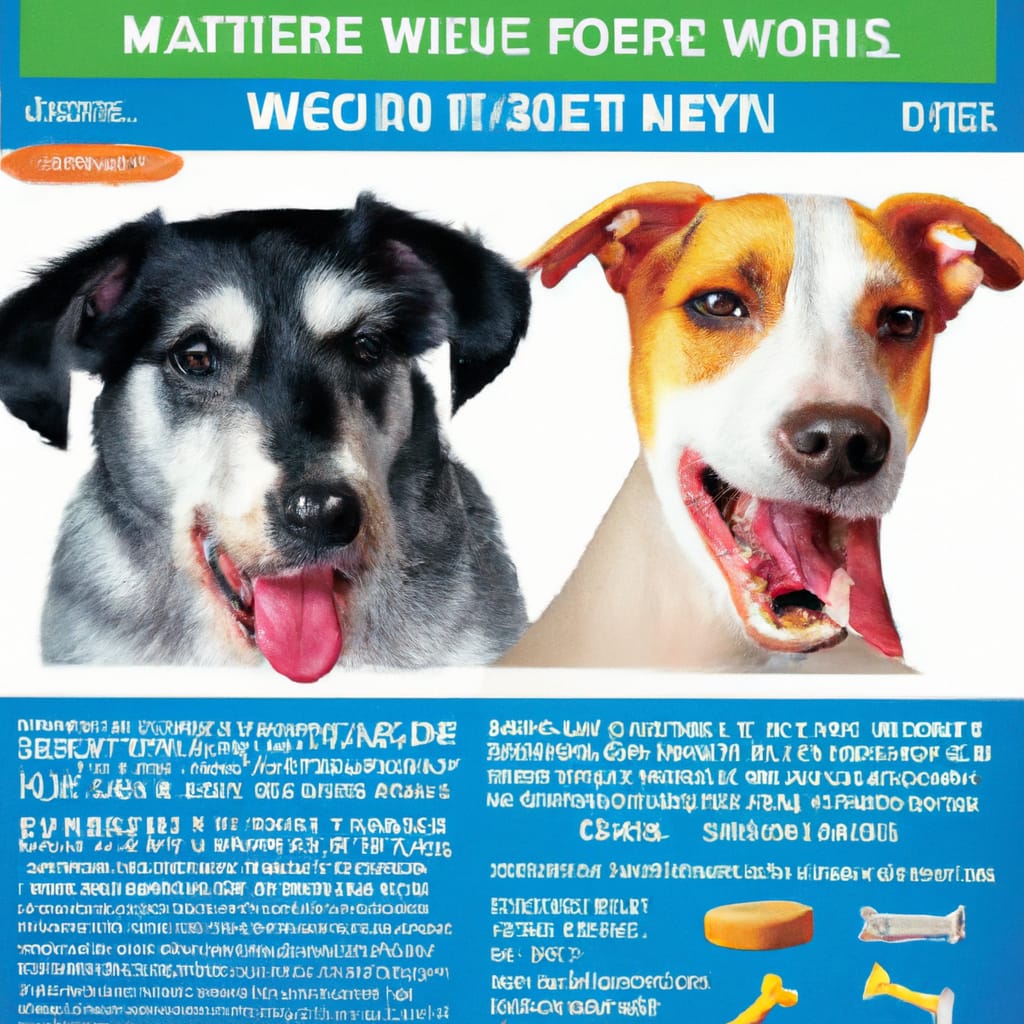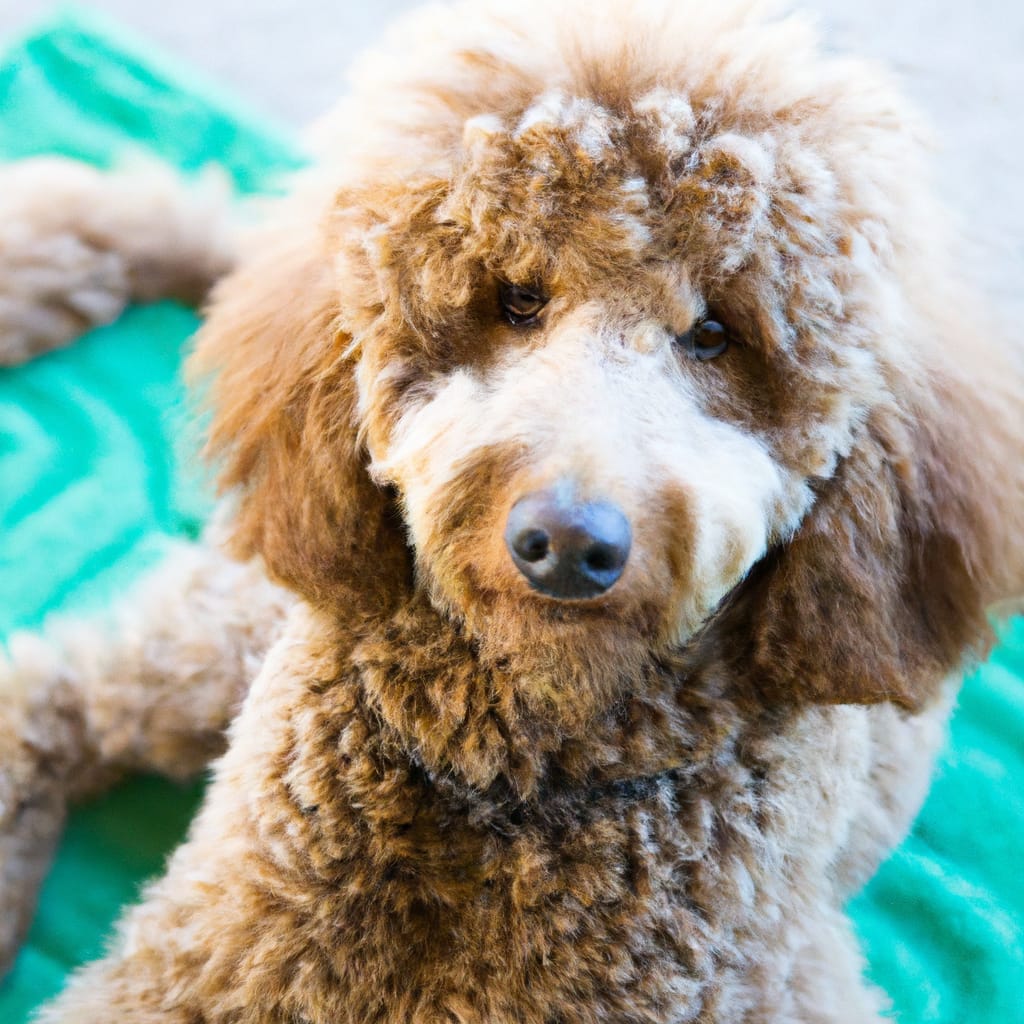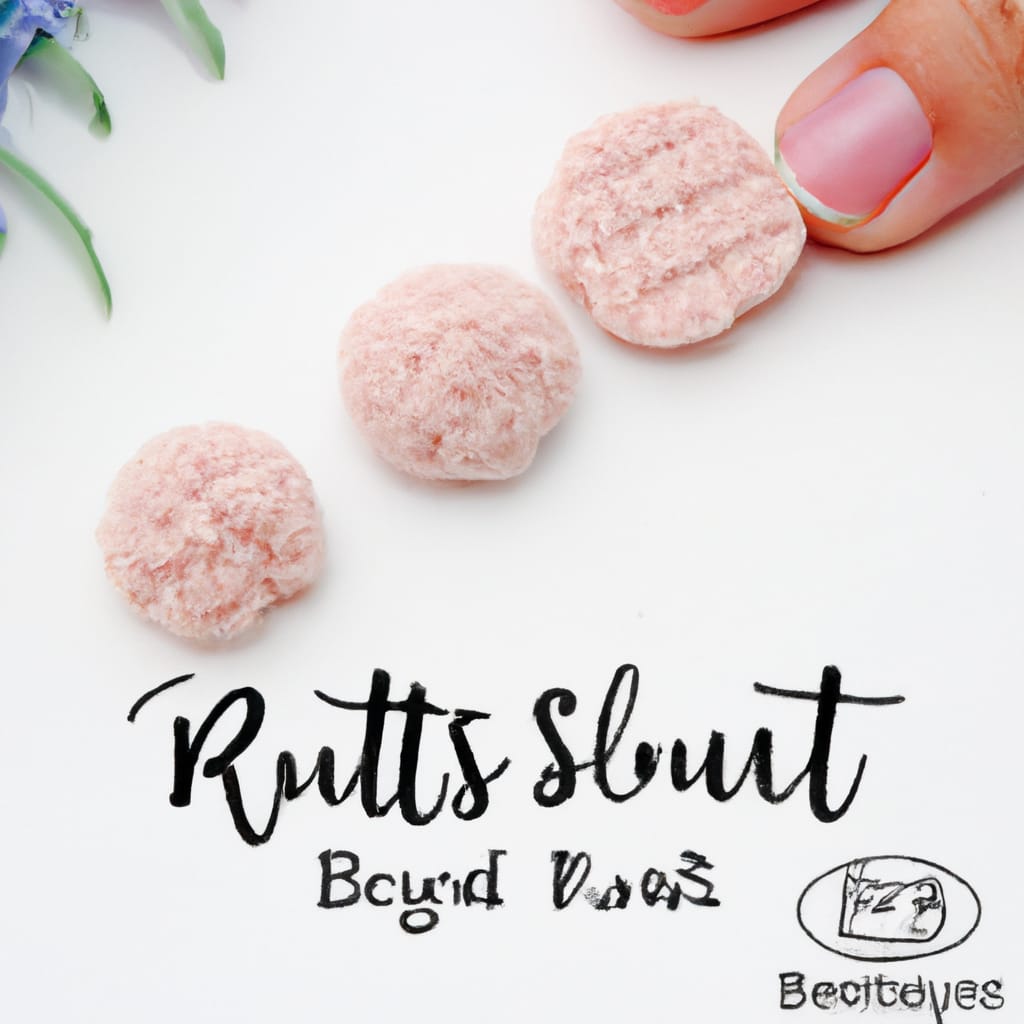Chi-Poo | Chihuahua Poodle Mix Dog Breed Information
Are you looking for the perfect furry companion? Look no further than the Chi-Poo, a delightful mixed breed that combines the charm and playfulness of a Chihuahua with the intelligence and hypoallergenic qualities of a Poodle. This article will provide you with all the essential information you need to know about the Chi-Poo breed, from their appearance and temperament to their care and training needs. Whether you’re a first-time dog owner or a seasoned pet lover, the Chi-Poo is sure to steal your heart with their lovable nature and adorable looks. Discover everything there is to know about this wonderful breed and bring home a Chi-Poo to brighten up your life!
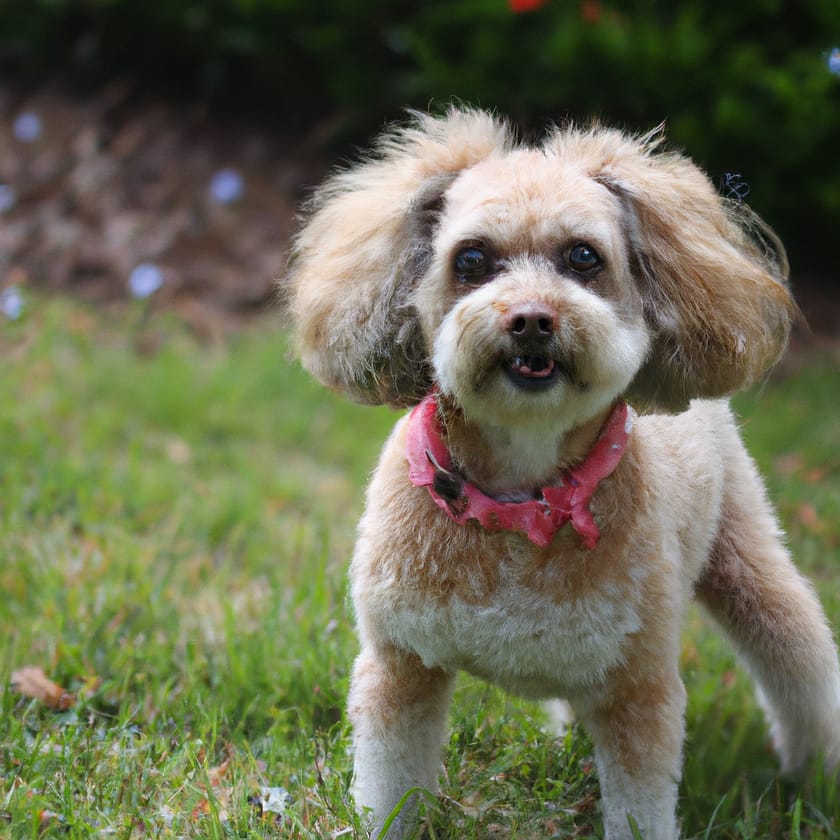
Origin and History
Ancestry of the Chi-Poo
The Chi-Poo, also known as the Chihuahua Poodle Mix, is a delightful designer dog breed that combines the genes of the Chihuahua and the Poodle. As a crossbreed, the Chi-Poo does not have a detailed historical background like purebred breeds. However, we can gain insight into their ancestry by exploring the origins of their parent breeds.
The Chihuahua, originating from Mexico, is one of the oldest and smallest dog breeds in the world. They were cherished companions of the ancient Toltec civilization and gained popularity when they were discovered by tourists in the mid-19th century. Their confident and charismatic nature quickly captured the hearts of dog lovers worldwide.
On the other hand, the Poodle, with its elegant appearance and impressive intelligence, hails from Germany, where it was initially bred as a skilled water retriever. Poodles became a symbol of luxury and aristocracy due to their royal connections in France, where they were popularized as companion dogs and eventually developed into toy-sized varieties.
Breed Development
The Chi-Poo’s hybrid status has become increasingly sought after in recent years due to the growing popularity of designer dog breeds. By crossing the Chihuahua and the Poodle, breeders aim to create a well-rounded companion dog that combines the best qualities of both parent breeds.
The intention behind the Chi-Poo’s development was to produce a pint-sized companion with the intelligence and hypoallergenic coat of the Poodle, along with the bold yet affectionate personality of the Chihuahua. The mix also aimed to create a dog that could fit into various living situations, from apartments to larger households.
Popularity
The Chi-Poo has gained considerable popularity across the globe, thanks to its adorable appearance and desirable temperament. As a designer dog breed, it has captured the attention of many prospective dog owners who desire a unique and distinctive companion.
This charming mix has particularly caught the fancy of individuals seeking a small-sized, low-shedding canine friend. Their versatility and adaptability make them well-suited for various households, from singles and couples to families with children and seniors.
Appearance
Size and Weight
As a crossbreed, the Chi-Poo’s size and weight can vary depending on the traits inherited from their Chihuahua and Poodle parents. Generally, they tend to be small dogs with a compact and sturdy build. On average, a Chi-Poo stands between 5 to 12 inches tall at the shoulder, with a weight ranging from 3 to 20 pounds.
Coat and Colors
The Chi-Poo can display a wide range of coat types and colors due to the diversity within the Poodle lineage. Their coat can be short, medium, or long, and may have a straight or curly texture. Some Chi-Poos inherit the low-shedding coat of the Poodle parent, making them an excellent choice for individuals with allergies.
In terms of color, Chi-Poos can come in various shades, including black, white, cream, brown, gray, apricot, and silver. They may also exhibit unique markings and patterns, such as brindle, sable, or merle, which add to their individuality and charm.
Facial Features
The Chi-Poo often inherits endearing facial features from both the Chihuahua and Poodle. Their eyes can be round or almond-shaped and can encompass a wide range of expressive colors. Their ears may be erect and triangular like a Chihuahua’s or floppy and pendant like a Poodle’s, giving them an unmistakable appearance.
The mix of the Chihuahua and Poodle’s facial structures may result in various muzzle lengths. Some Chi-Poos may have a shorter, compact snout akin to the Chihuahua, while others may exhibit a longer, more elongated muzzle reminiscent of the Poodle.
Temperament
Intelligence and Trainability
The Chi-Poo combines the intelligence of the Poodle with the inquisitive nature of the Chihuahua, making them a highly trainable and responsive breed. These little dogs are quick to pick up new commands and thrive on positive reinforcement and rewards-based training methods.
Engaging their minds with stimulating activities, such as puzzle toys and interactive games, is an excellent way to keep them mentally sharp and prevent boredom. Their intelligence also makes them suitable candidates for advanced training activities, including agility and obedience competitions.
Socialization and Behavior
Proper socialization is crucial for the Chi-Poo to develop into a well-balanced and confident companion. Exposing them to various people, animals, and environments from an early age helps them become more adaptable and less prone to fear or anxious behavior.
Due to their Chihuahua heritage, Chi-Poos may sometimes exhibit “small dog syndrome” if not properly socialized and trained. It is important to establish clear boundaries and consistent leadership to prevent unwanted behaviors, such as excessive barking or possessiveness.
Activity Level
Chi-Poos are energetic little dogs that require regular physical exercise to maintain their health and happiness. Despite their small size, they possess surprising stamina and will benefit from daily walks, play sessions, and interactive games.
Interactive playtime, such as fetch or hide-and-seek, not only provides physical exercise but also gives Chi-Poos an opportunity to engage with their owners and stimulate their minds. However, it’s essential to avoid overexertion, especially in extreme weather conditions, as they may be susceptible to heat exhaustion due to their small size.
Health and Lifespan
Common Health Issues
As with any dog breed, the Chi-Poo may be prone to certain health issues that can be inherited from their parent breeds. Some potential health concerns for Chi-Poos include dental problems, patellar luxation, heart conditions, allergies, and eye issues.
It is crucial to choose a reputable breeder who conducts health testing on their breeding dogs to minimize the risk of passing on genetic health problems. Regular veterinary check-ups, a balanced diet, and a healthy lifestyle can contribute to a long and happy life for your Chi-Poo.
Grooming and Maintenance
The grooming needs of a Chi-Poo will depend on the coat type they inherit. Those with a shorter, low-shedding coat may only require occasional brushing to remove loose hair and maintain their coat’s shine. Chi-Poos with longer, curlier coats similar to the Poodle parent may require more frequent brushing to prevent matting.
Regular dental care, including teeth brushing, is crucial for Chi-Poos, as they may be prone to dental issues due to their small size. Monthly nail trims and ear cleanings are also necessary to keep them comfortable and prevent health problems.
Lifespan Expectancy
On average, the Chi-Poo has a lifespan of 10 to 15 years. Providing them with proper nutrition, regular exercise, routine veterinary care, and a loving environment can positively impact their longevity and overall well-being.

Nutrition and Feeding
Appropriate Diet
A balanced and nutritious diet is essential for the health and vitality of your Chi-Poo. Choosing a high-quality dog food that is appropriate for their age, size, and activity level is crucial. It is recommended to consult with your veterinarian to determine the best diet plan for your specific Chi-Poo.
Feeding Schedule
Dividing your Chi-Poo’s daily food intake into two or three smaller meals is generally recommended to prevent digestive issues and maintain stable energy levels. Puppies require more frequent feeding, usually three to four times a day, while adult Chi-Poos can be fed twice a day.
It is important to establish a consistent feeding schedule and avoid free-feeding to prevent weight gain and potential health problems. Measuring the appropriate portion sizes according to your Chi-Poo’s needs and adjusting as they age or undergo lifestyle changes is crucial for maintaining a healthy weight.
Food Allergies
Just like their parent breeds, Chi-Poos may be susceptible to food allergies or sensitivities. While there is no single food that suits all Chi-Poos, monitoring their reactions to different types of food and consulting with a veterinarian can help identify and address any dietary concerns.
It’s essential to read ingredient labels carefully and choose high-quality dog food brands without common allergens, such as grains, artificial additives, or fillers. A hypoallergenic or limited ingredient diet may be recommended for Chi-Poos with known food allergies.
Exercise and Activity
Physical Exercise Needs
Despite their small size, Chi-Poos have moderate exercise requirements that need to be fulfilled to keep them physically and mentally stimulated. Daily walks, ranging from 20 to 30 minutes, provide an opportunity for them to explore their surroundings and burn off excess energy.
In addition to walks, interactive play sessions and access to a securely fenced yard or dog park can provide Chi-Poos with opportunities for off-leash exercise and socialization. These activities not only help them stay fit but also strengthen the bond between you and your furry friend.
Mental Stimulation
As intelligent dogs, Chi-Poos thrive on mental stimulation in addition to physical exercise. Engaging their minds with puzzle toys, treat-dispensing toys, and obedience training sessions can prevent boredom and destructive behaviors.
Incorporating training exercises and providing them with new challenges, such as learning new tricks or participating in dog sports, can keep their minds sharp and provide them with a sense of purpose. Mental stimulation can be just as exhausting as physical exercise for dogs, so it’s important to find a good balance between the two.
Playtime and Activities
Chi-Poos enjoy interactive playtime with their owners and can get enthusiastic about a variety of activities. They excel at games like fetch, tug-of-war, and hide-and-seek. Their small size allows them to participate in agility or obedience training courses designed for smaller dogs.
Supervising their playtime with children is essential, as Chi-Poos may be fragile due to their small stature. Gentle play and appropriate handling ensure a safe and enjoyable interaction for both the Chi-Poo and the child.
Training and Obedience
Training Methods
Positive reinforcement training methods work best for the intelligent and eager-to-please Chi-Poo. These methods involve rewarding desirable behaviors with treats, praise, and play, while avoiding the use of punishment or harsh corrections.
Consistency, patience, and gentle guidance are key when training a Chi-Poo. Short, frequent training sessions with plenty of positive reinforcement are more effective than long, repetitive ones. Bonding with your Chi-Poo through training sessions helps build trust and strengthens the human-canine relationship.
Basic Commands
Teaching basic commands is an essential part of training a Chi-Poo. Starting with commands such as sit, stay, come, and down sets the foundation for good behavior and ensures their safety in various situations. Reinforcing commands with rewards and repetition helps them understand and execute the desired behaviors.
Housebreaking Housebreaking, or potty training, is an important aspect of training a Chi-Poo. Consistency, positive reinforcement, and a fixed schedule are crucial for successful housebreaking. Establishing a routine for bathroom breaks and rewarding them when they eliminate in the appropriate spot helps them understand where and when it is acceptable to relieve themselves.
Suitability as a Pet
Living Conditions
The Chi-Poo is a versatile breed that can adapt well to various living conditions. Their small size makes them well-suited for apartment living or homes with limited space, as long as they receive regular exercise and mental stimulation.
They are generally indoor dogs and thrive on being part of the family. However, having access to a securely fenced yard or a nearby dog park provides them with additional opportunities for off-leash exercise and socialization.
Compatibility with Children
Chi-Poos can be excellent companions for children when properly socialized and trained from a young age. However, due to their small size, they may be more prone to injury, so supervision is necessary when young children are interacting with them.
Teaching children how to handle small dogs gently and respectfully, as well as establishing boundaries for both the child and the dog, is crucial for a harmonious relationship. The Chi-Poo’s playful and affectionate nature often makes them wonderful playmates for children.
Interaction with Other Pets
With proper socialization and introduction, Chi-Poos can generally coexist well with other pets in the household. Their small size and friendly nature often make them amicable towards other dogs and animals.
Slow and supervised introductions, offering positive experiences, and ensuring each pet has their own space and resources are essential for fostering positive relationships between your Chi-Poo and other pets.
Finding a Chi-Poo
Breeder Selection
When searching for a Chi-Poo, it is important to find a reputable breeder who prioritizes the health and well-being of their dogs. Look for breeders who health test their breeding dogs and provide a clean and nurturing environment for their puppies.
Visiting the breeder in person, asking questions about the parent dogs’ health and temperament, and observing the conditions the puppies are kept in can help you make an informed decision. Reputable breeders will be willing to provide you with the necessary documentation and answer any concerns or questions you may have.
Adoption Options
Adopting a Chi-Poo from a rescue or shelter is another great way to welcome this lovable mix into your life. Many Chi-Poos end up in shelters through no fault of their own, and by adopting, you are giving them a second chance at a loving home.
Visit local shelters or search online through pet adoption websites for Chi-Poos available for adoption. Remember that rescue dogs may require additional patience, training, and adjustment time as they transition into their new environment.
Price Range
The price of a Chi-Poo can vary depending on factors such as location, breeder reputation, pedigree, and demand. On average, you can expect to pay anywhere from $500 to $2500 for a Chi-Poo puppy.
It is essential to remember that the purchase price is just the beginning of your financial commitment to your Chi-Poo. Routine veterinary care, vaccinations, food, grooming, and other expenses should be considered when budgeting for a new furry family member.
Conclusion
The Chi-Poo, with its delightful mix of Chihuahua and Poodle traits, makes for a charming and engaging companion. Their small size, intelligence, and adaptability make them well-suited for various living situations, while their friendly and affectionate nature endears them to individuals and families alike.
With proper socialization, training, and care, the Chi-Poo can thrive and provide years of joy and companionship. Whether you choose to adopt or purchase a Chi-Poo, they are sure to bring a dash of excitement and love into your life.
